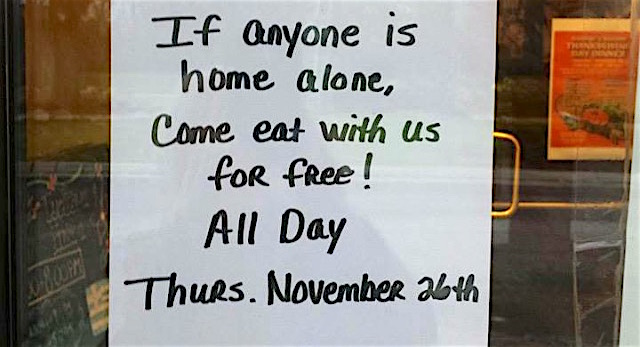It
is silly to want your children and your wife and your friends to live forever,
for that means that you want what is not in your control to be in your control,
and what is not your own to be yours.
In
the same way if you want your servant to make no mistakes, you are a fool, for
you want vice not to be vice but something different.
But
if you want not to be disappointed in your will to get, you can attain to that.
Exercise
yourself then in what lies in your power. Each man's master is the man who has
authority over what he wishes or does not wish, to secure the one or to take
away the other. Let him then who wishes to be free not wish for anything or
avoid anything that depends on others; or else he is bound to be a slave.
—Epictetus,
The Handbook, Chapter 14 (tr
Matheson)
I have
on a number of occasions tried to explain to others, in the most direct ways I
can find, that Stoicism is not a philosophy one needs to be terribly gifted or
educated to understand. It isn’t the principles themselves that offer me any
obstacles, but my own habits and the pressures of social conformity that can
make it difficult to practice. I just need to take off the blinders, though
that can be easier said than done.
One of
my quick summaries goes something like this, and I’m really just paraphrasing
what Epictetus says above: “If I make myself dependent on the things I can’t
control, I’ll be a slave, and I’ll be frustrated and miserable. If I make
myself dependent on the things I can control, I’ll be my own master, and I can
be free and happy.”
At those
few times when my attempts at an explanation actually sink in, I usually see an
immediate response of recognition. “Yeah, that makes total sense, and I’ve
heard people say things like that before. They were usually the most humble and
happy people I ever knew.” I may then hear a lovely recollection of a relative
or neighbor who was surely a Stoic, regardless of whether he had read
Epictetus.
The
habits of corporate America were already creeping into higher education when I
was a student, and I began to recognize certain formulas that were being used
to “build the brand”. One of these was what I called the mock interview, where
an employee confidently and cheerfully answers a certain set questions to help
the consumer see the human side of the company.
I have
to smile when I see one of those questions: “If you could pick one thing you
wish you could do more of, what would that be?” I then expect one of two
answers: “I’d like to do more to help the community,” and “I’d spend more time
with my wonderful family.”
I knew a
fellow in marketing a few years back who was proudly showing me one of these
pieces online, so I finally asked what the Stoic in me always wanted to ask. I
asked him why he just didn’t spend more time with his family, if that’s what he
really wanted. What was holding him back?
“Well,
my work just keeps me so busy, all the hours and all the travel, so I just
can’t be with them as much as I want. I don’t really have a choice, do I? But I
guess I’m doing it for them, so they can live in a nice house, and the kids can
go to a good school, and they’ll have some security when I’m gone.”
For
once, I didn’t press the Socratic point, because I judged it would do more harm
than good, but I did think about it for myself.
If I
think something is the most important thing I should be doing, I should simply
be doing it. If I think something is getting in the way of what is most
important, I need to leave the obstacle behind.
What is
the good I can leave for my family? Love or money? If the latter is getting in
the way of the former, I obviously can’t pursue both equally. If something,
like the pursuit of a career, is taking control over what I should truly want,
then I’m not really choosing my own life, but allowing others to choose it for
me.
All of
this then makes me honestly ask myself if I really do want mastery and freedom,
a life where my control over my own conviction and character come first, or
whether I am still hiding under the illusion that I will be happier as a slave to
all those things outside of my power.
We all
face that challenge, and how we respond to it will make all the difference.
Marillion, some of my musical heroes, put it this way:
These chains are all your own
These chains are comfortable
This cage was never locked
Born free but scared to be
This cage was made for you
With care and constant attention
This cage is safe and warm
Will you die and never know what it's
like
Outside?
Written in 3/2004


















